Continued from https://gamejolt.com/p/minecraft-ghosts-graves-by-atkane-part-2-the-underworld-chapter-1-dmradan2
Next is something a little creepier. I’m aware that Minecraft is still a game for kids, but a major part of the Underworld is something called Gore. If that word is too problematic, assume that every single instance of "Gore" in this update is actually spelled "Goar". Anyway, Gore stuff is sort of like the second half of the Underworld, next to Ghost stuff, and it represents all of the organic, physical matter that was left behind by the souls that now roam this place. So here is the Gore Block, a fairly bright red material that deals damage to players that touch it, like a cactus. You can right-click a gore block with any raw meat to make it grow, which makes it a renewable decorative block, usable even in the overworld.
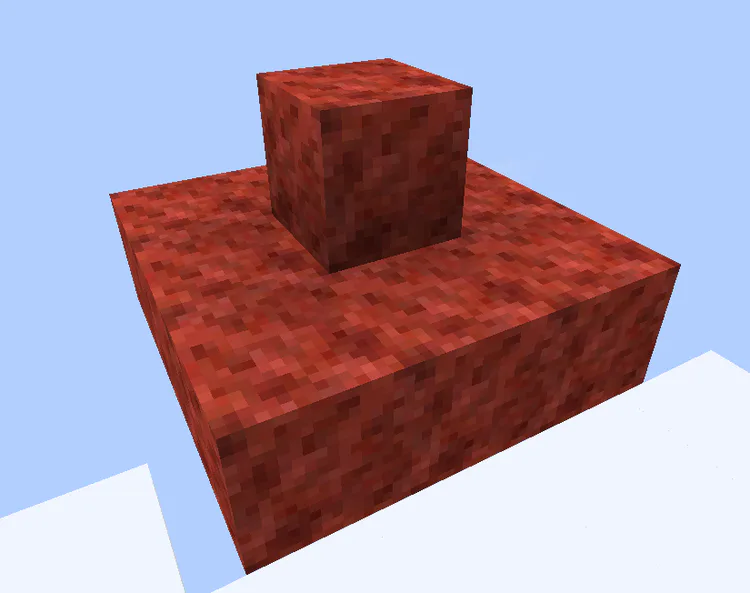
Gore is the primary block used for a structure in the Underworld called Gore Pits, which are large red craters in the Underworld’s floor with loot in the middle of them, if the player dares to make the journey into and out of one. Gore Pits also have teeth, some big and some small. Big teeth are just bone blocks, but small teeth are a new block, literally called Gore Teeth, minable with a pickaxe. You can place between 1 and 4 Gore Teeth on a block, like a Sea Pickle or a Turtle Egg. Gore Teeth are purely decorative, but they can be turned into one bonemeal each by placing them in a crafting grid.
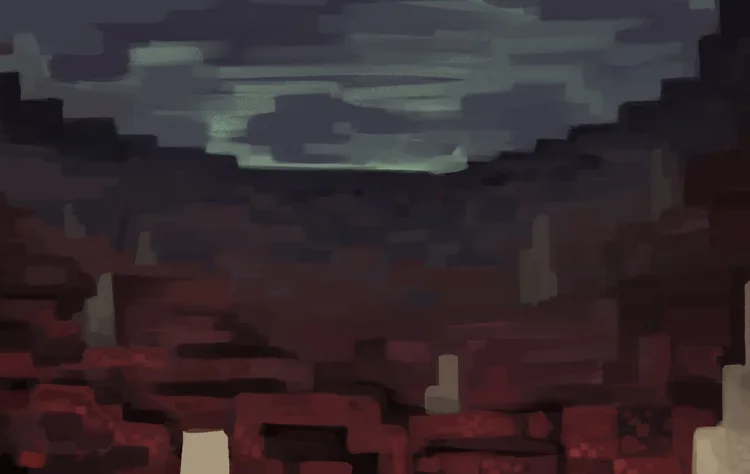
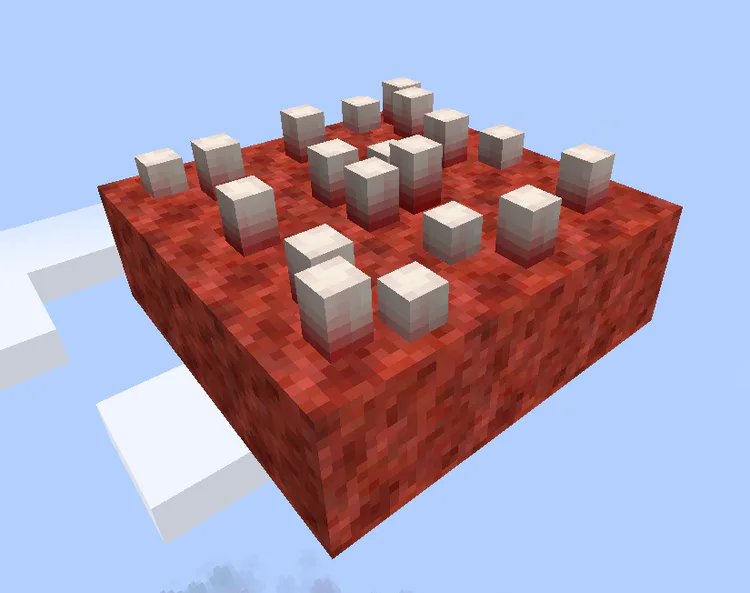
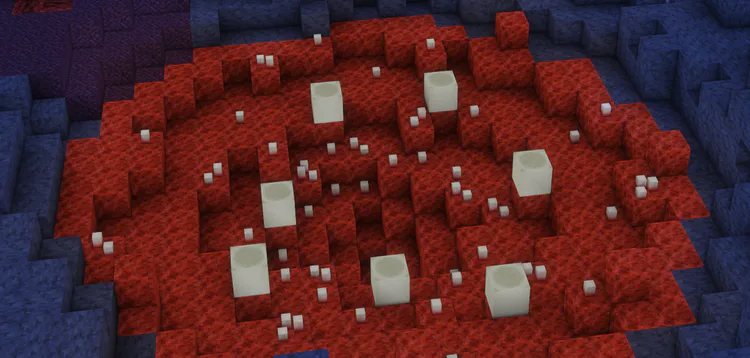
Next is a new type of plant, also a part of the Gore family, called the Artree. The name is a pun on Artery, because of its design: It looks a bit like a normal tree, but instead of being made of wooden logs it has a red, fleshy trunk, and instead of leaves it has pink and blue veins and nerves.
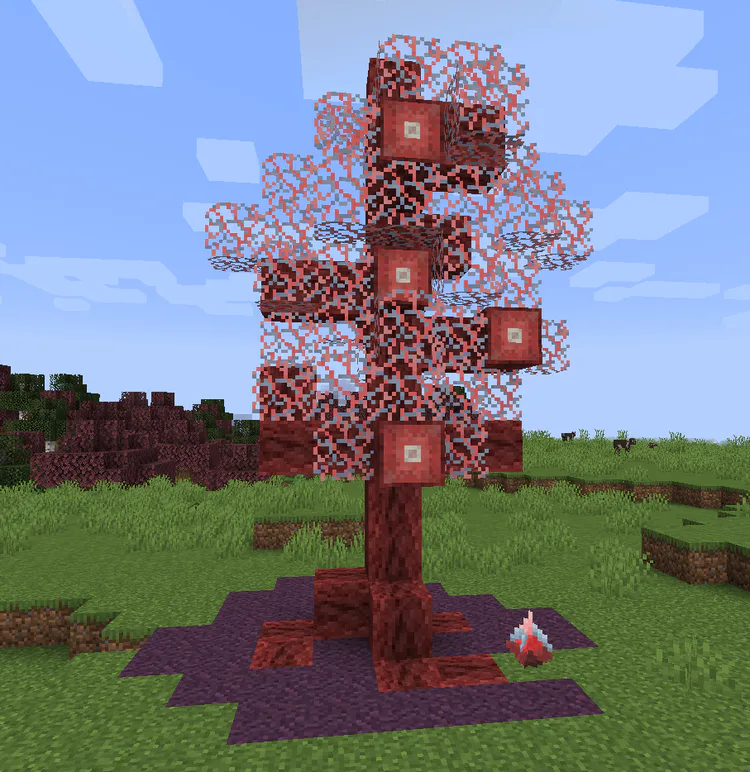
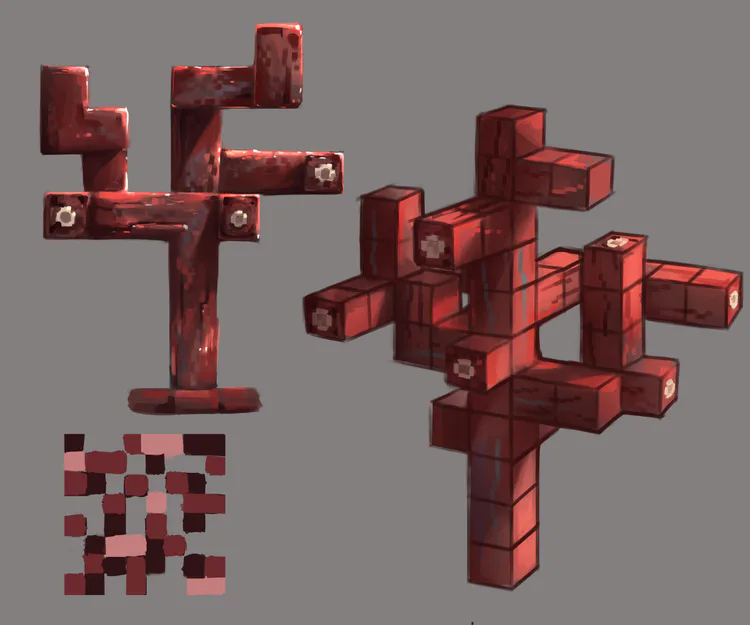
The “wood” of an Artree is called Artree Trunk, a block with a special property in that it can be stripped with an axe multiple types, each time yielding a random raw meat, but Rotten Flesh being the most common. If you strip it once, it’ll lose its outer layer. Strip it again and it’ll lose another layer. Strip it again, and you’ll reveal the Artree’s bone, which can be mined with a pickaxe, dropping a literal bone item. This concept is similar to how Cake works in Minecraft. And, like cake, you won’t be able to acquire Artree Trunks in their separate stages, even with a Silk Touch Axe. A Trunk won’t grow its meat back after being stripped, but it’s still a fairly good source of food in the Underworld, especially considering how large Artrees are, and that they are renewable. Also, fun fact, since this is all demonstrated using a resource pack, I had to replace a log, a cactus, a stone wall and a wooden fence to get these looking good.
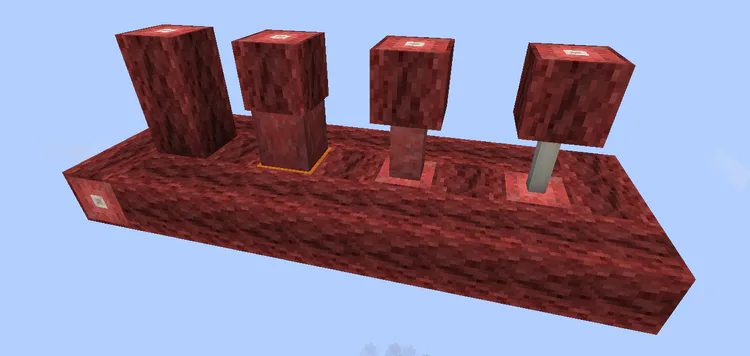
Next is Artree Fibers. That’s the name of the Artree’s “leaves”. These are cut fastest with a sword rather than a hoe, and you’ll need to use shears to acquire them as an item. Like normal trees, the Fibers of an Artree will decay over time if they are not adjacent to a Trunk block, and when this happens they have a rare chance of dropping an Artree Bud, which is this tree’s version of a Sapling. Artree Buds can be placed and grown in any dimension, and they will grow on their own eventually but can be fertilised with raw meat to speed it up. Artree Fibers also have a rare chance of dropping something called a Carrion Apple, which, despite their name, is actually some kind of organ that the Artree has grown. Eating a Carrion Apple will give you 15 seconds of Hunger, but one heart of Absorption for 1 minute. This effect can stack. A very valuable item when exploring the Underworld, and well worth farming Artrees for.
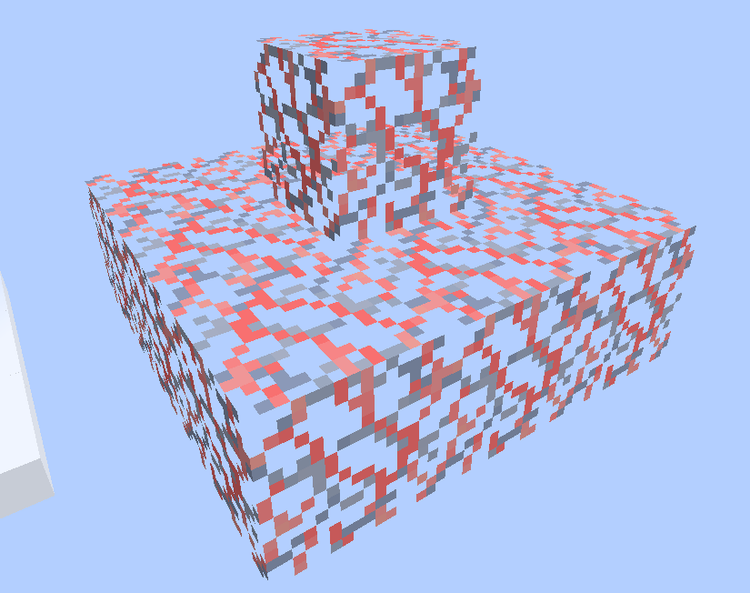
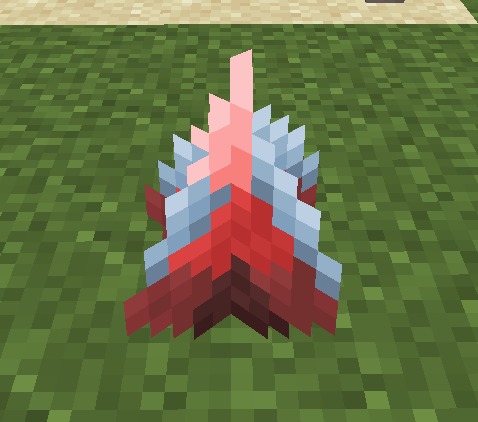
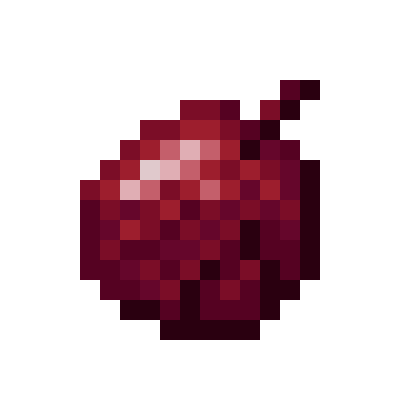
Next is something called Petrified Wood. Yes, that leftover of Minecraft Alpha is back! There is a biome in the Underworld called the Petrified Forests, which includes trees made of Petrified Logs, a brand-new type of wood that has a lot of the same properties as stone. It is fireproof, like the Nether’s fungus stems, but it’s also much more blast resistant than normal wood. It also has a very unique grey colour scheme. Petrified Trees in the Underworld won’t grow, and they have no leaves – they are essentially stuck in time. Petrified Logs can be turned into Petrified Planks, and you can make most other wooden items out of this, with some cool outcomes. Petrified Doors look a bit like stone castle doors. Petrified Boats can swim across lava, but they aren’t as fast as Striders. And all other normal creations made of Petrified Wood are fire and explosion resistant. But if you make something out of this that loses the unique type of wood it used, like a crafting table or a jukebox, then the unique properties of Petrified Wood will be lost. There is actually another way of acquiring Petrified Wood that I’ll go through later, but it’s worth knowing that it can spawn naturally here in the Underworld.
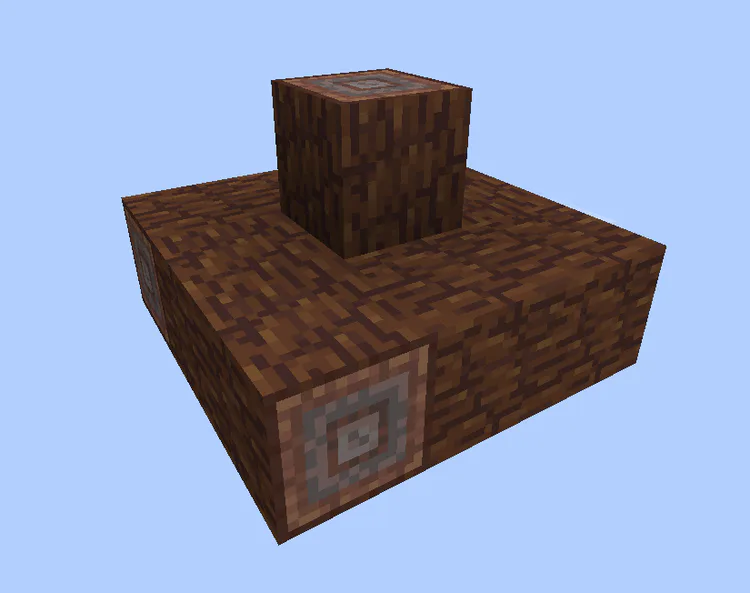
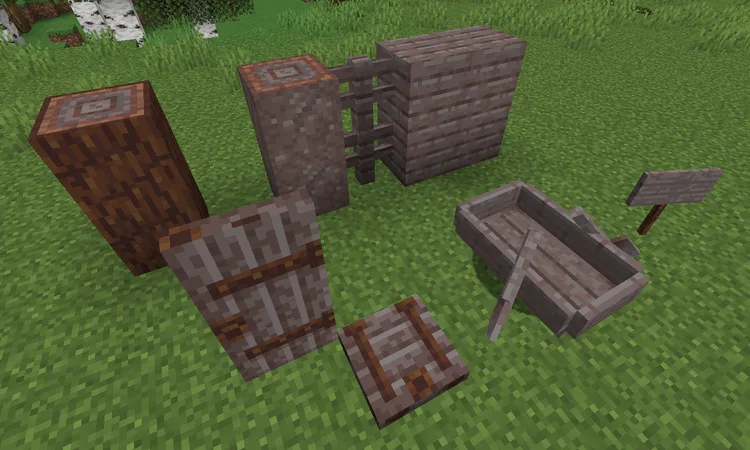
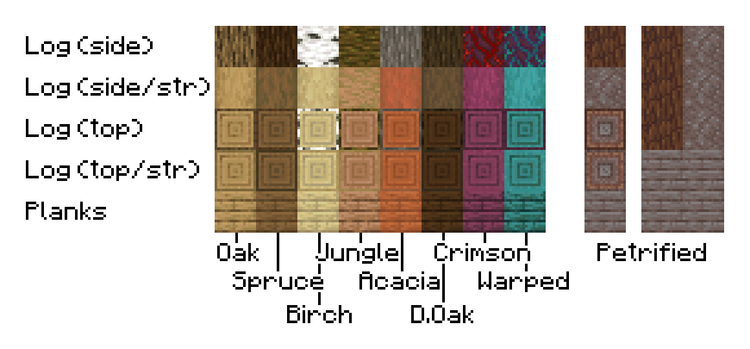
And that’s it for new blocks, so before we move onto mobs let’s recap what the Underworld includes by going through its biomes and their names. There are the Underplains, which is the most typical biome, full of exposed Sleepstone. There’s the Ash Piles, which are large collections of piles of Nether Ash that has fallen through the bedrock ceiling, somewhat comparable to the Basalt Deltas in the Nether. There’s the Gore Fields, home to the Gore Pits and Artrees. There’s the Petrified Forests, a biome full of dead trees with a cool new type of wood. There are Salt Mines, which are large underground areas with a high spawn rate of Pink Salt Deposits. And there’s also something called Frostbite Caves, which are icy structures that don’t have any new blocks, but they do have a new mob in them...
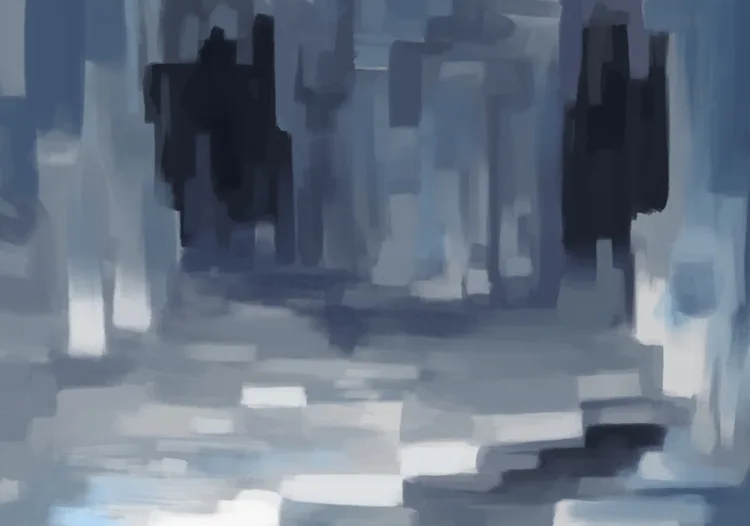
To be continued tomorrow!
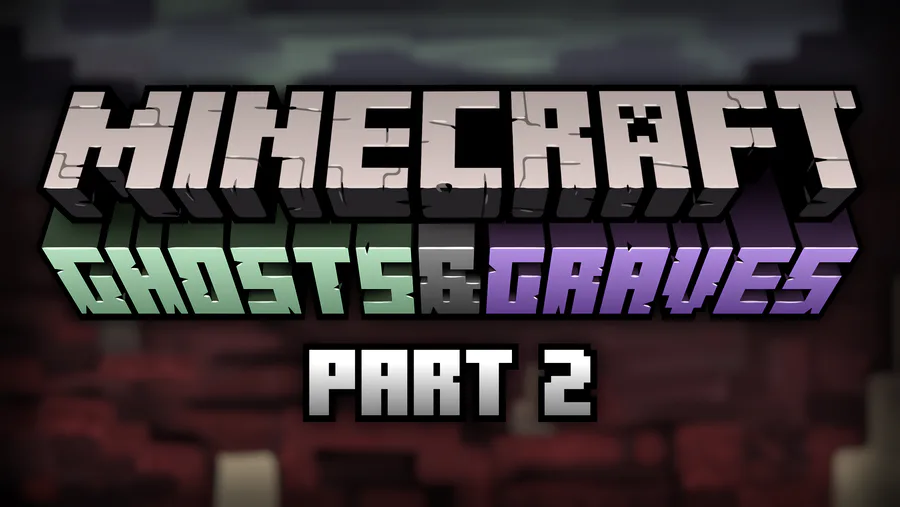





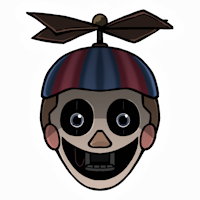
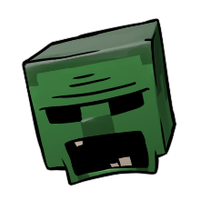


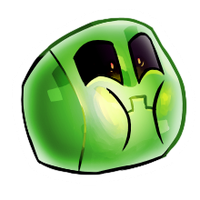

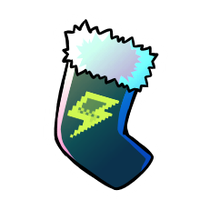
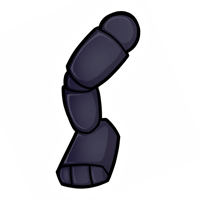
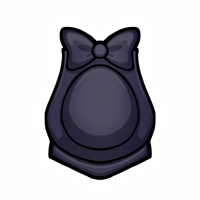
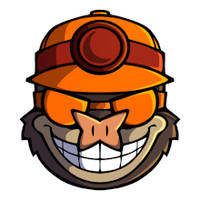

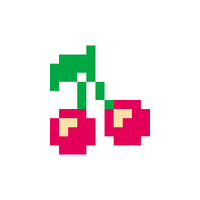











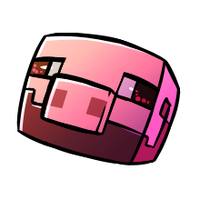






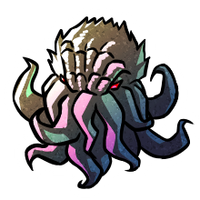

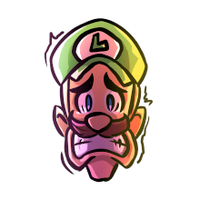


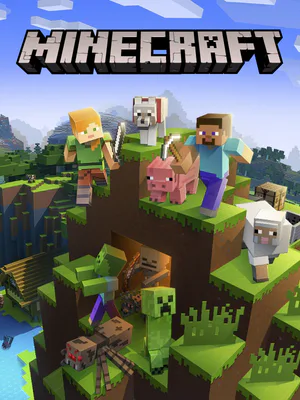
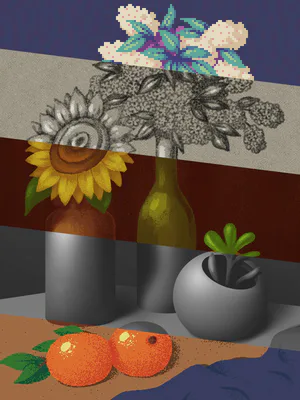


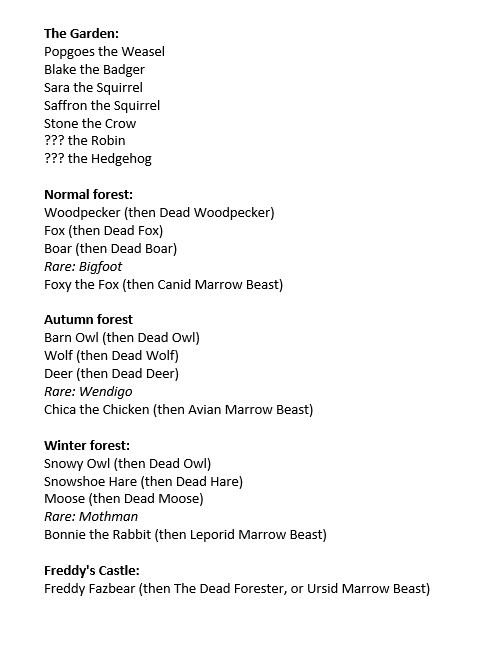





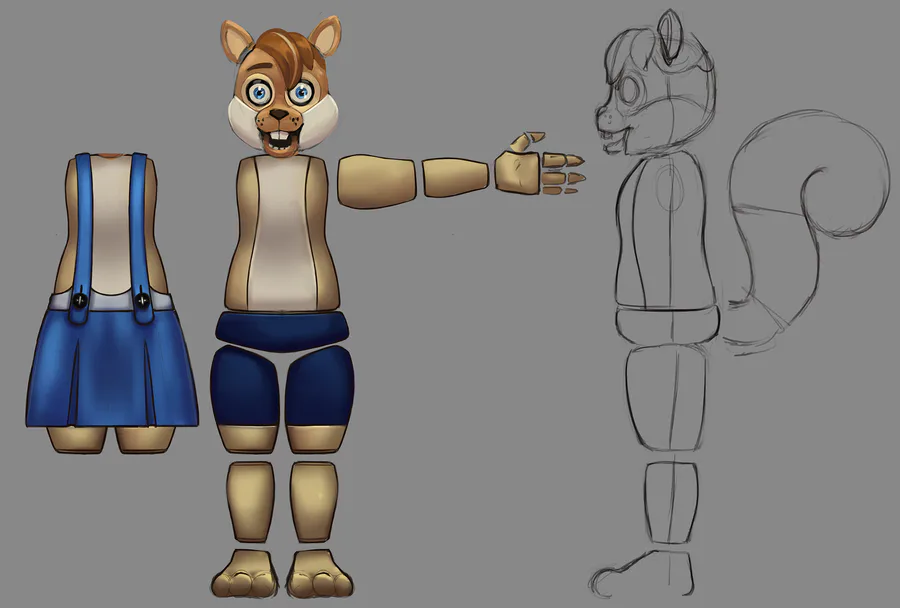

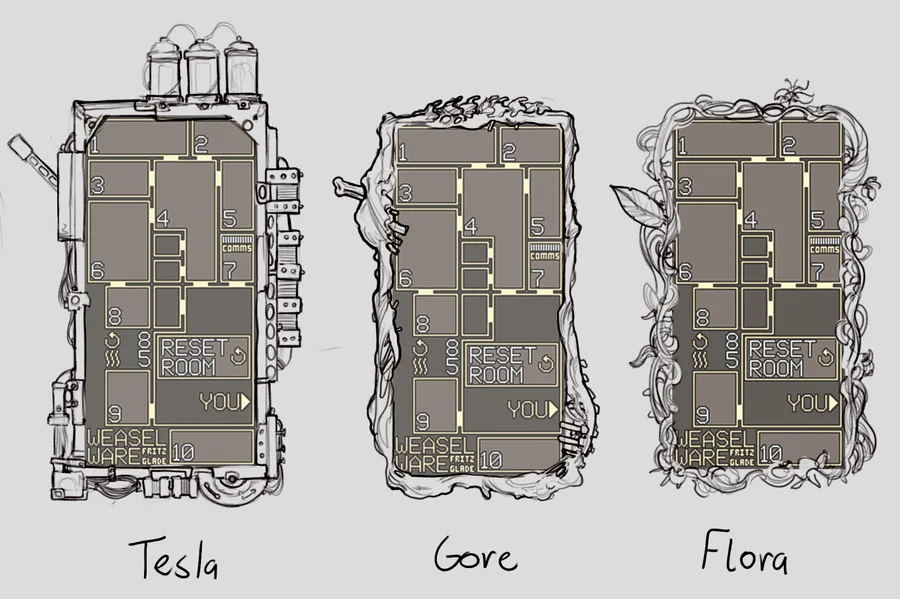

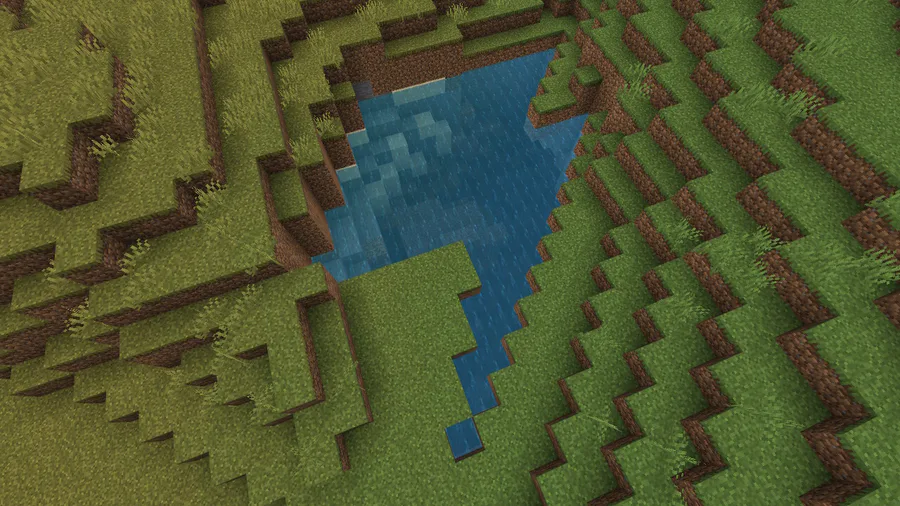
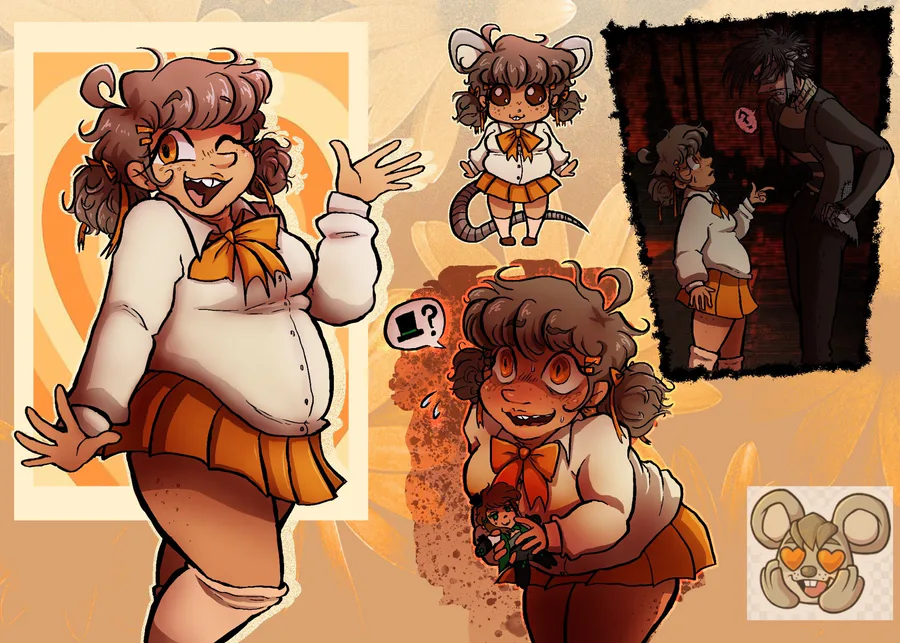
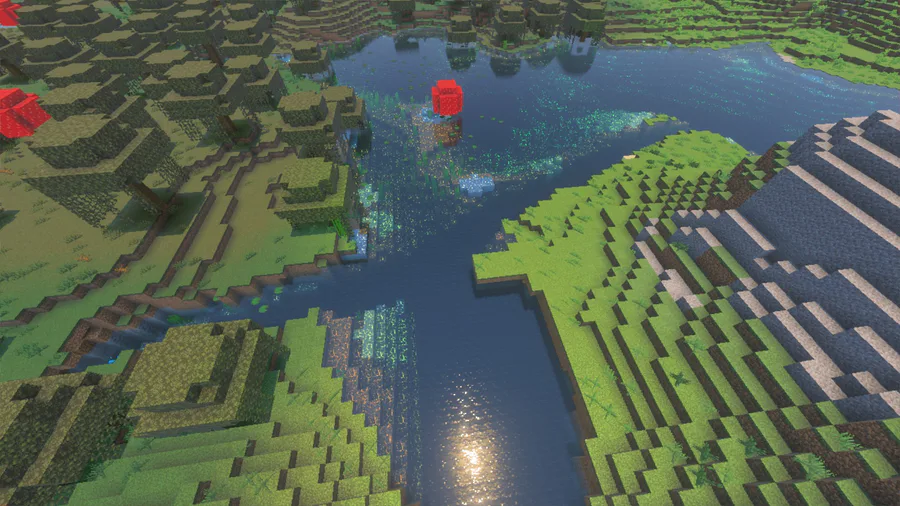
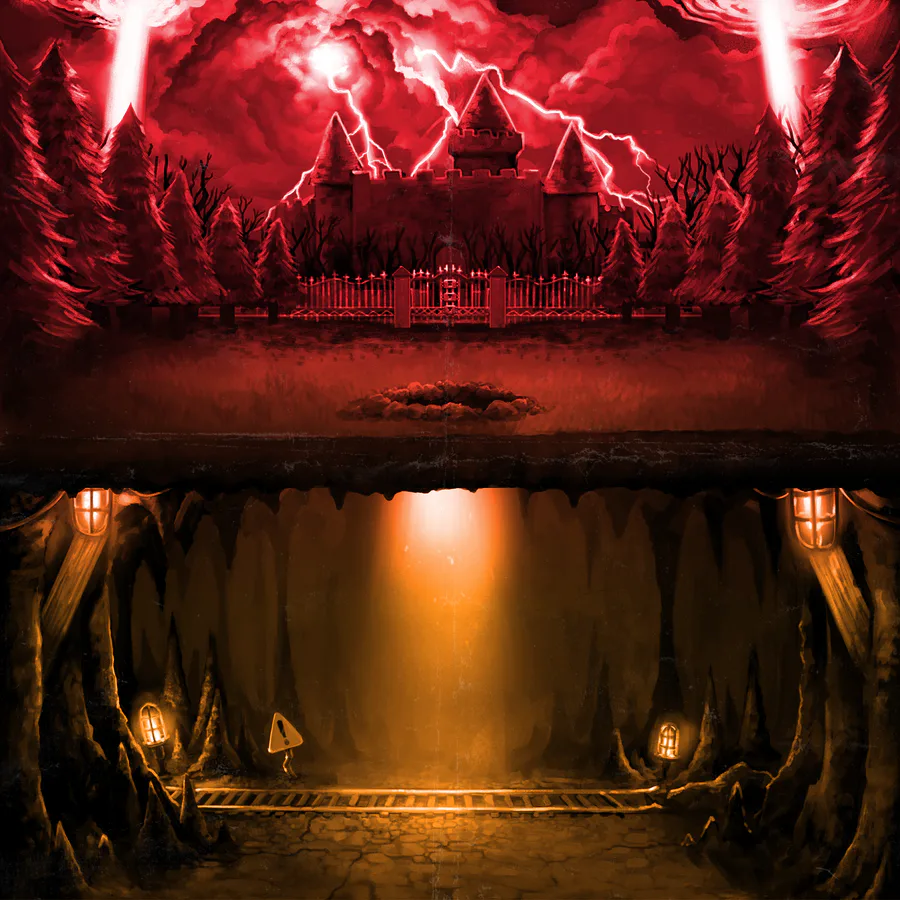


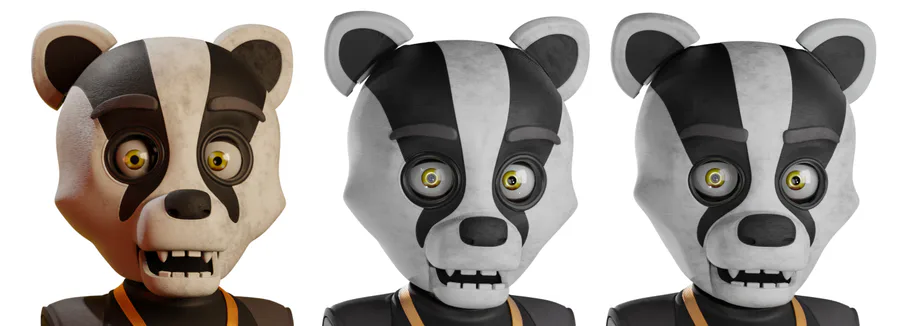



16 comments